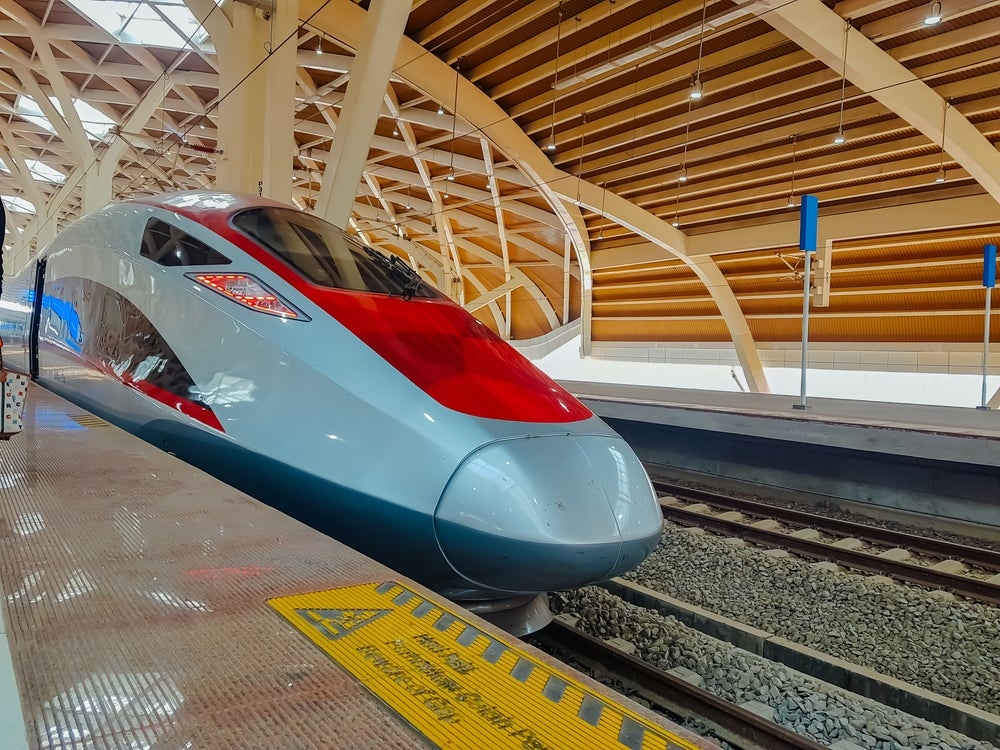
During the first half of 2023, China’s energy-related engagement through the BRI was the greenest of any six-month period since its inception, according to analysis from the Green Finance and Development Centre (GFDC), a think tank based in Beijing.
That analysis coincides with China marking the tenth anniversary of the BRI with the Third Belt and Road Initiative Forum for International Cooperation, held in Beijing this week.
The summit is designed to “reinvigorate” the project, which a decade on is a “shadow of its former self”, says Scott Kennedy, an expert in Chinese business and economics at the Center for Strategic and International Studies, a think tank based in Washington, DC. A number of borrowers, still recovering from the economic shocks caused by the Covid pandemic, are struggling to repay loans provided by China through the BRI.
Overall engagement (which GFDC defines as construction and investment) in BRI countries is down almost 40% from its 2018 peak as China’s economy faces its slowest growth since the 1960s. During the summit this week, global leaders including Russian leader Vladamir Putin gathered to discuss Chinese President Xi Jinping’s plans for the next stage of the BRI, which include a renewed focus on engagement with the Global South, as well as for the BRI to become “smaller and greener” than before.
On Wednesday, Xi pledged to “deepen cooperation in green infrastructure, energy and transportation”, Reuters reports.
China has already gone some way towards greening the BRI. In fact, in the first half of 2023, ‘green engagement’ – construction and investment in solar, wind and hydropower – accounted for the largest share of energy engagement seen during any period to date, according to the GFDC.
In H1 2023, 41% of energy engagement via the BRI went to solar and wind, while 14% went to hydropower, compared with 25% and 28%, respectively, in 2020 – the second greenest period since the BRI’s inception.
In H1 2023, China’s engagement in wind, solar and hydropower amounted to around $4.8bn (34.98bn yuan), compared with $3.8bn in H12022. Strong green performance was in large part due to a fall in oil and gas-related projects that dominated in 2022 and 2021, respectively.
In addition, on the back of China’s 2021 announcement to build “no new coal power plants abroad”, very few coal-fired power projects have progressed through the BRI since 2022. The exceptions are those benefitting from loopholes such as plants that were already under construction at the time of Xi’s announcement and ‘captive’ coal plants, which are used to power industrial units.
Overall engagement in energy has slowed by 40% since 2019, when it reached around $20bn, compared with $12.3bn in H1 2023. Energy still makes up the largest share of BRI investments, although its dominance has declined over the entirety of the last decade, from 52% of all investments in 2013 to 29% in the first half of 2023, according to the American Enterprise Institute.
Recent BRI projects that aim to reduce carbon emissions include Indonesia’s Whoosh high-speed railway, the Noor Abu Dhabi solar plant in the United Arab Emirates and Sri Lanka’s Colombo International Container Terminal, according to recent analysis from Carbon Brief.
“Building on existing guidelines on greening the Belt and Road Initiative and the pledge to increase the support for green and low-carbon energy development in developing countries, BRI cooperation could help scale up climate solutions, build climate resilience and mobilize innovative financing while minimizing climate-related risks to BRI projects and local communities,” Guo Hongyu, deputy director of Greenovation Hub, a Beijing-based environmental think tank, told Carbon Brief.



